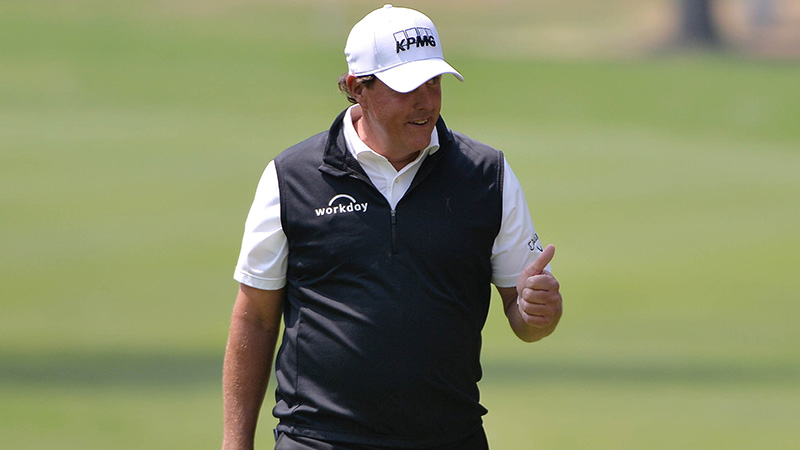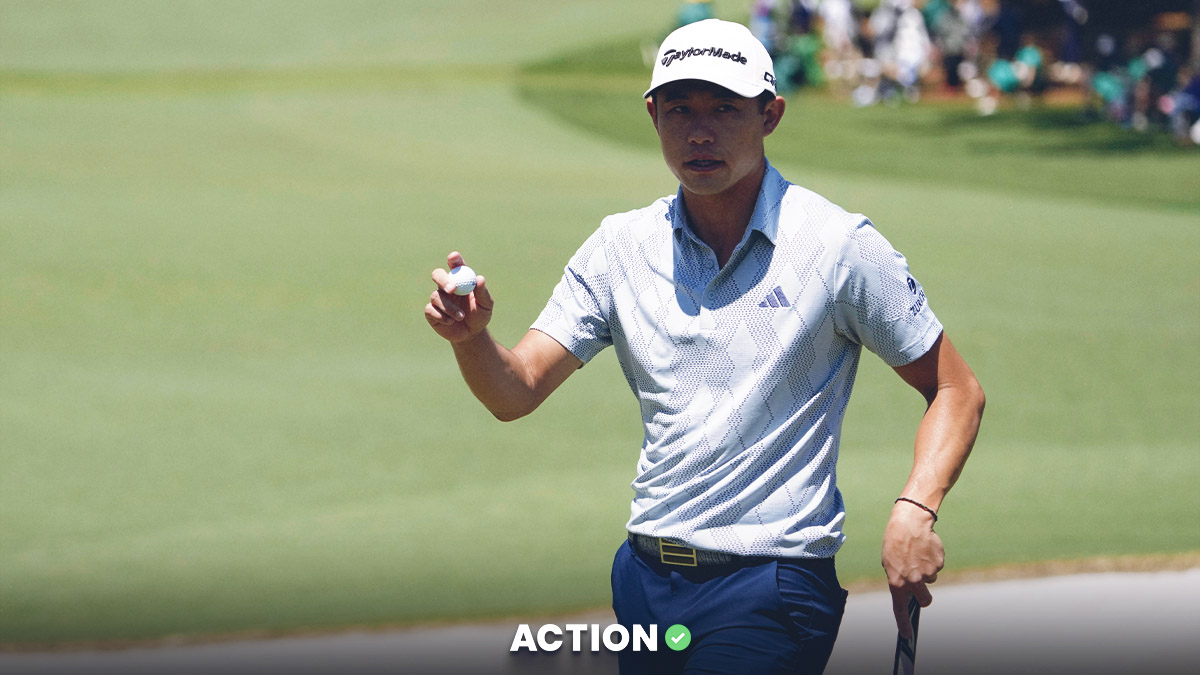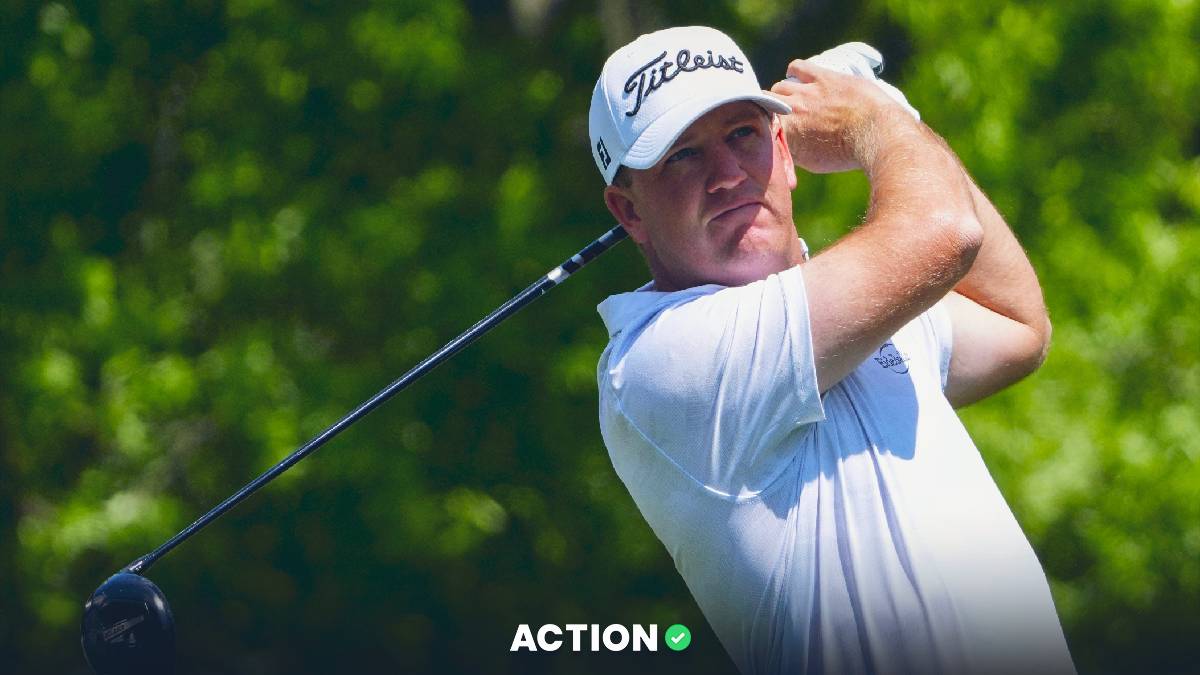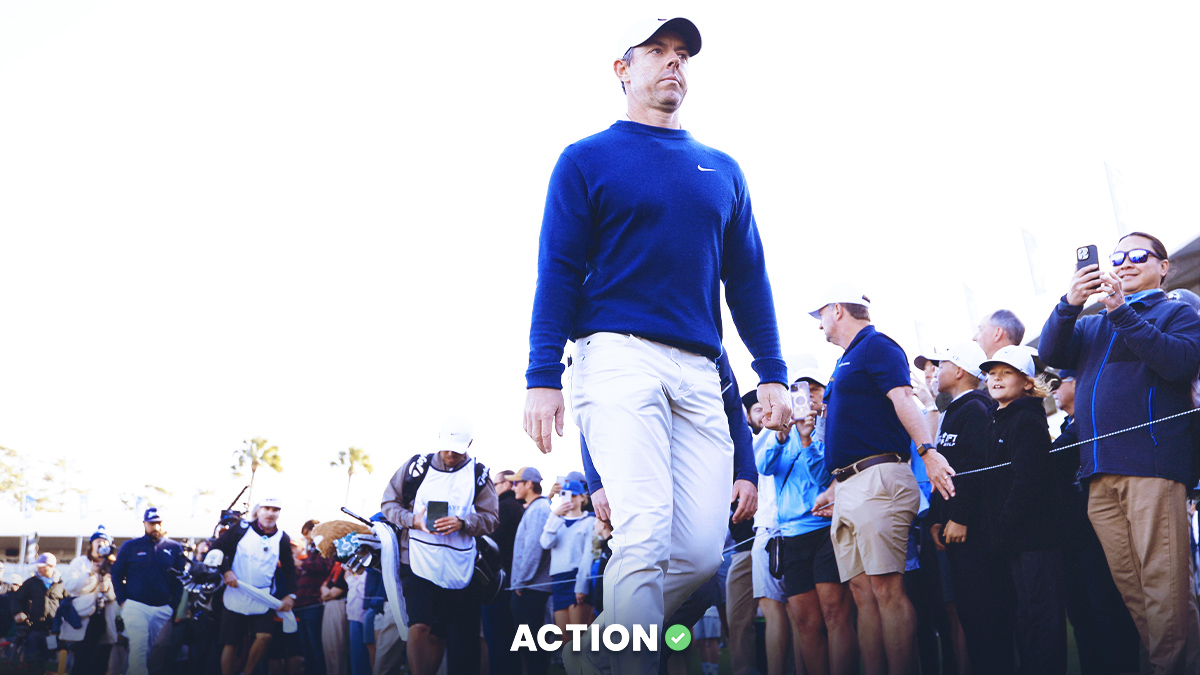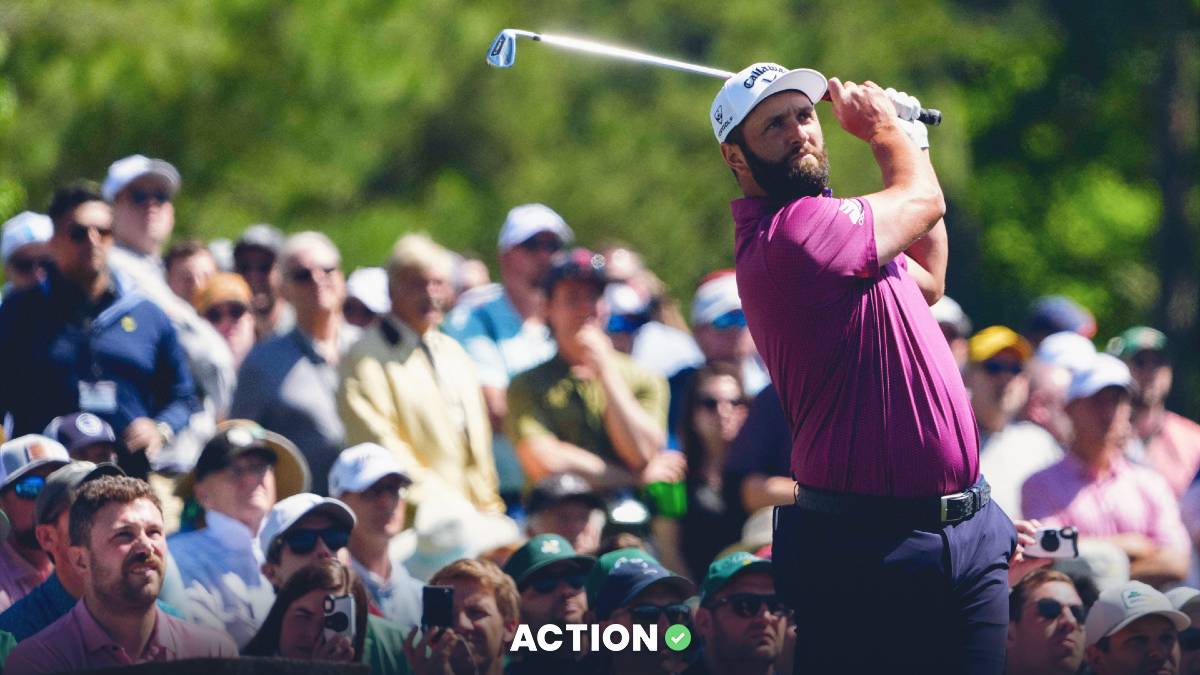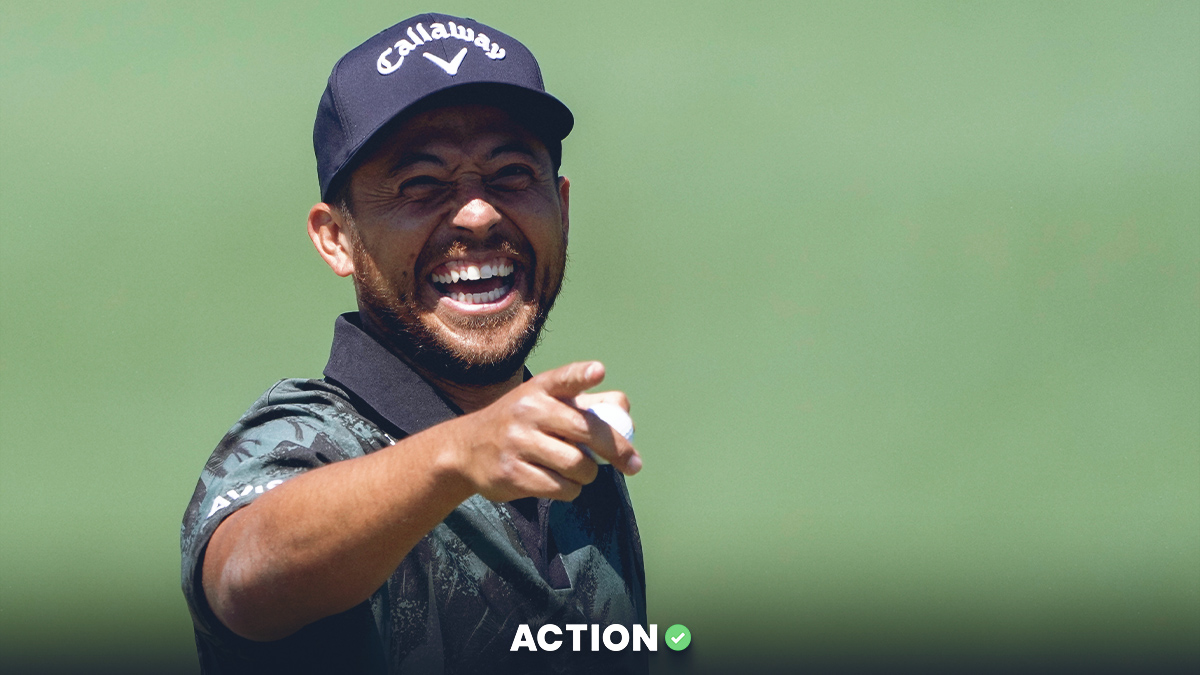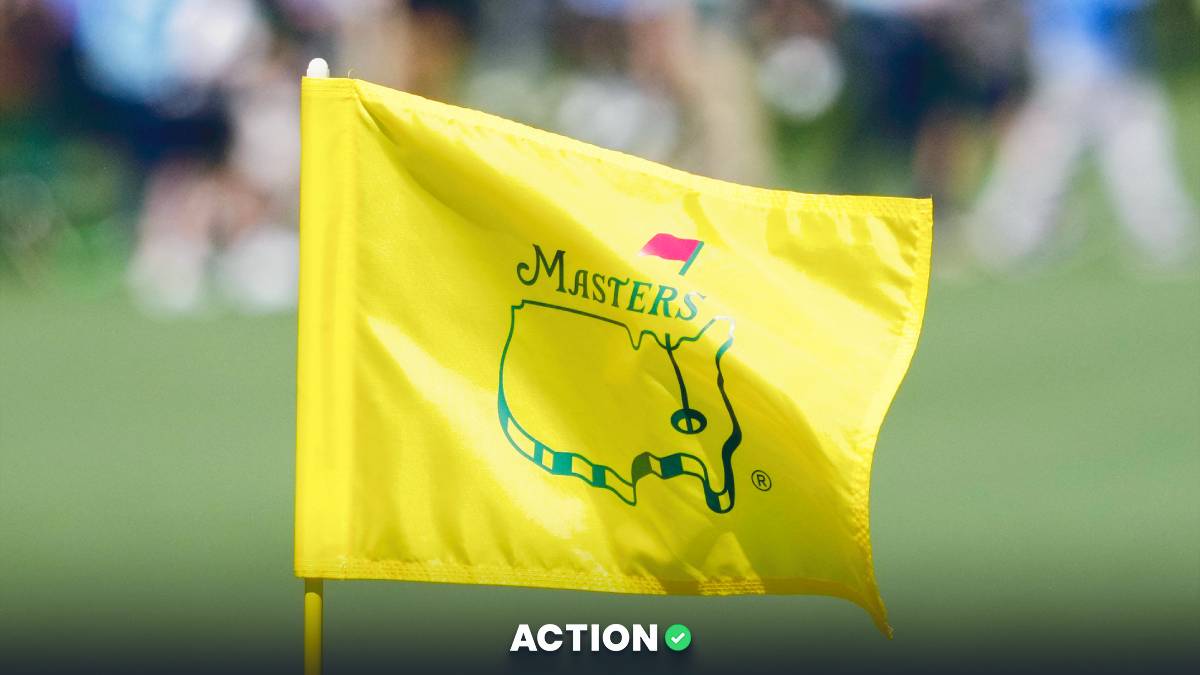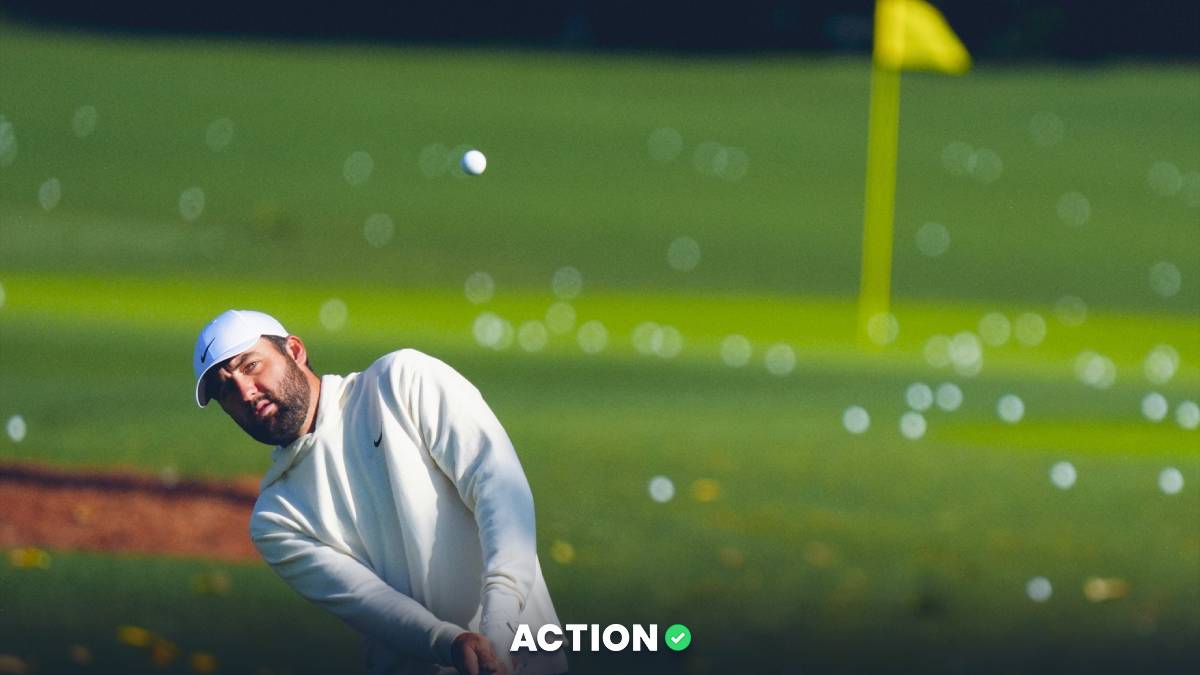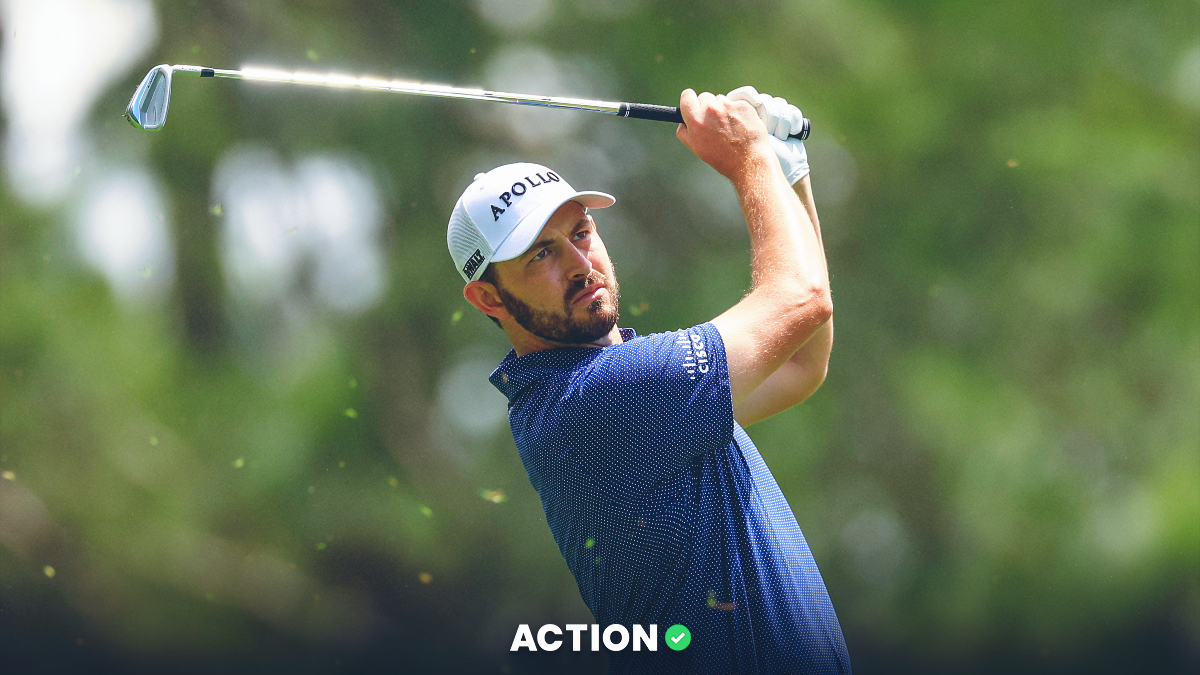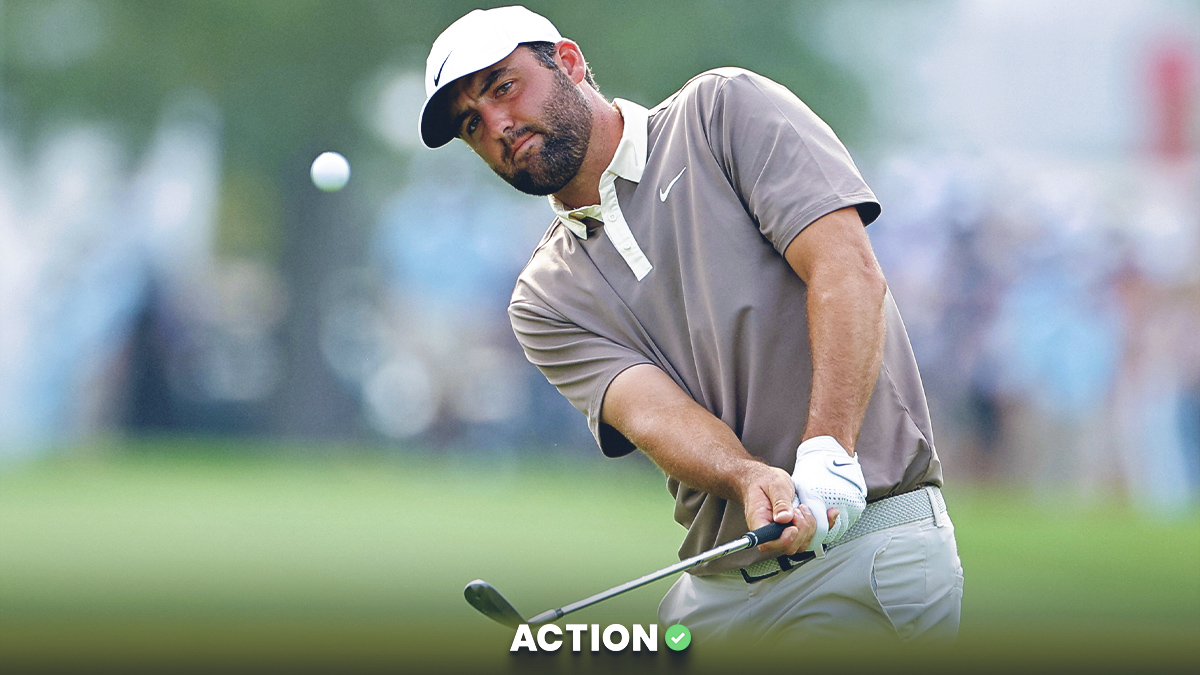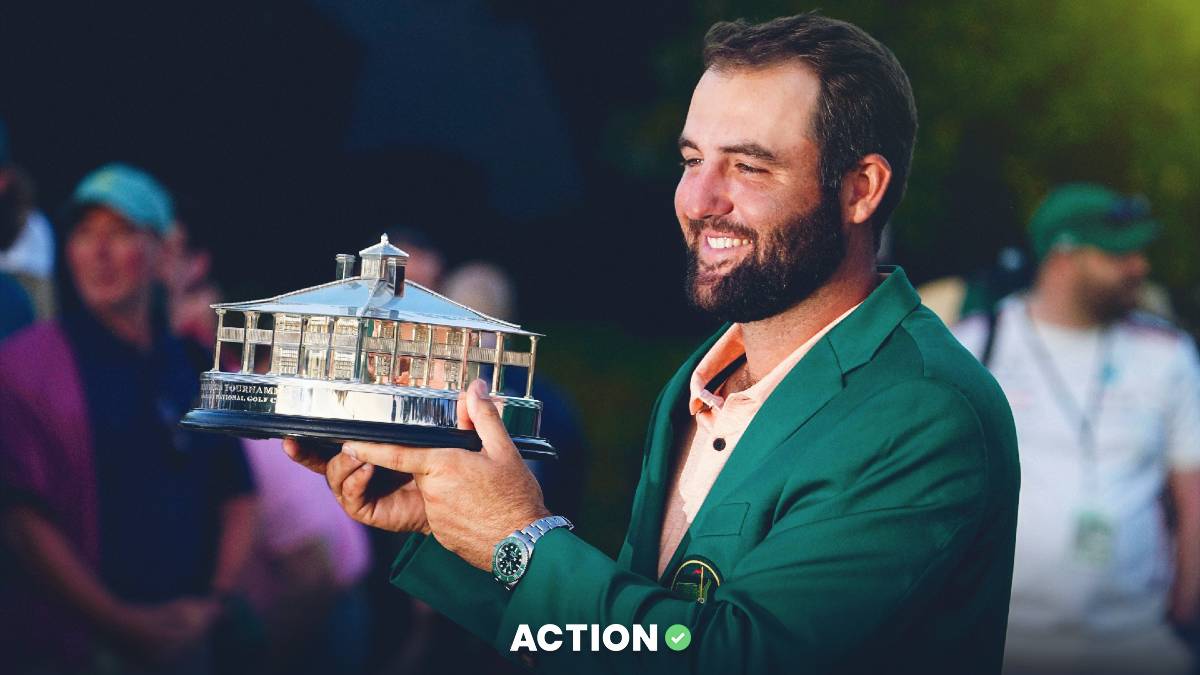Editor's note: This article was originally published in May, and we're bringing it back for the Tiger-vs.-Phil $9 million match, which will take place on Nov. 23.
CHARLOTTE, N.C. — There are some pretty terrific Phil Mickelson betting stories out there. The following is my favorite — and I can verify it, because I’m among those who lost the bet to him.
Five years ago this week, Mickelson was at Quail Hollow to play the Wells Fargo Championship. On Wednesday afternoon, late in the pro-am, two colleagues and I made the short walk from the press tent to the 16th tee to have a quick chat with the ubiquitous left-hander. (Pro tip: If you ever find yourself covering a golf tournament and need to speak with a specific player, go find him on the back nine of a pro-am. Even a member of the media is a welcome face during the monotony of a five-and-a-half-hour hit-and-giggle.)
So the three of us start walking down the fairway with Mickelson, just making small talk. After a few minutes, he turns to us and casually asks, “Hey, are you guys coming Saturday night?”
When we replied that we didn’t know what he was talking about, he explained that he’d rented out the local Wolfgang Puck restaurant just a few miles down the road. There would be food and drinks, NBA and NHL Playoff games on the TVs early in the night and a conglomeration of PGA Tour players, caddies, staffers and, apparently, reporters — all courtesy of Mickelson.
The main event of the evening would be the Floyd Mayweather fight, as he was going up against someone named Robert “The Ghost” Guerrero that night.
Like any trained media professionals offered free food and drinks, we dutifully accepted the invitation.
So that Saturday evening, after coincidentally writing a column about Mickelson, who was one of the tournament’s 54-hole co-leaders, I headed over to the restaurant with the other writers.
When we arrived, Mickelson was already there, dressed casually and sipping a glass of red wine. He was tied with Nick Watney at the time and proceeded to explain that he thought the impending morning storm would wash out the final round, leaving the two of them to play a late-afternoon playoff on a par-3 hole.
(This was a rare whiff for Mickelson. It stormed the next day, but not enough to cancel the final round. He would finish in third place, one stroke out of that forgettable Derek Ernst-David Lynn playoff.)
As the night continued, the gathering of 50 or 60 ate, drank, watched games and hung out — nothing out of the ordinary. I vaguely remember some conversations about how quickly we thought the Mayweather bout would end, but other than that, any memories of what we discussed have long dissolved into the ether.
Right as the Pay-Per-View broadcast started, before the undercard, Mickelson stood up in front of the room.
He was a gracious host, praising the staff, thanking everyone for coming and urging us to relax and enjoy ourselves. Before sitting down, he offered a foreboding decree.
“Oh, and one more thing,” he said through that sly smile of his. “Wagering is encouraged.”
Despite his plea, there wasn’t much action among the group for the first fight of the undercard, a middleweight bout that ultimately ended with J’Leon Love defeating Gabriel Rosado by split decision.
When it was over, Mickelson stood up in front of the room again.
He explained that the next bout featured Alexander Munoz, a man with the brilliant nickname “El Explosivo,” who counted 28 knockouts among his 36 career victories. He told the room that Munoz would be fighting against Leo Santa Cruz, who was not only 10 years less experienced, but he was moving up a weight class that night to challenge for the super bantamweight title.
Then, like an experienced fisherman chumming the waters for his prize catch, Mickelson offered a wager.
“You know,” he said, as if the idea had just suddenly percolated in his mind, “I’m sort of liking this young kid. If anyone wants the favorite, I’ll take that bet at even money.”
Now, here’s the point in the story where we collectively should’ve picked up our phones and done our due diligence. As it turns out, Santa Cruz had compiled a 5-0 record the previous year and was one of the rising stars in boxing.
Judging by what happened next, we were all oblivious to this fact.
Instead, the entire room started shouting and waving hands like some overdone Hollywood scene from the stock exchange floor.
Me? I put up $100 against Mickelson, figuring it was either easy money or I’d actually be paying for my food and drinks after all.
Most of the bets were bigger than mine. A few were much bigger.
When the fight started, it was clear we’d been had.
In the opening round, Santa Cruz landed a three-punch combo, then a few hard jabs. He was easily up on the judges’ cards. In the next round, he worked the body, furiously pounding Munoz and again up on the cards. It was more of the same in the third and fourth rounds, to the point where all of us watching were just awaiting the inevitable.
It happened at 1:05 of the fifth round.
The referee stopped the fight, giving a TKO victory to Santa Cruz.
Mickelson circled the room, plucking cash from all of those hands that had been so eagerly raised before the fight. He played the part of dumbfounded champion to perfection. “I’m really sorry about that,” he said to one guy. “Man, I just got lucky,” he said to another. That sly smile never left his face.
By the time he got to me for that $100, I think he was out of innocent excuses already. “Thanks,” he whispered as he placed my five 20s into his growing stack.
When the night was over, we thanked Mickelson for his hospitality and wished him well in his pursuit of another win the next day.
It wasn’t until the car ride back to the hotel that it dawned on me.
Mickelson had rented out the restaurant, paid for everyone’s tab and played the role of generous host. Then he offered that wager, took everyone’s money and probably ended up on the plus side for the whole night. Knowing him, he likely tipped out the staff with the profit and just called it even.
As for me, it was worth the $100. Five years later, I’m still telling the story.


